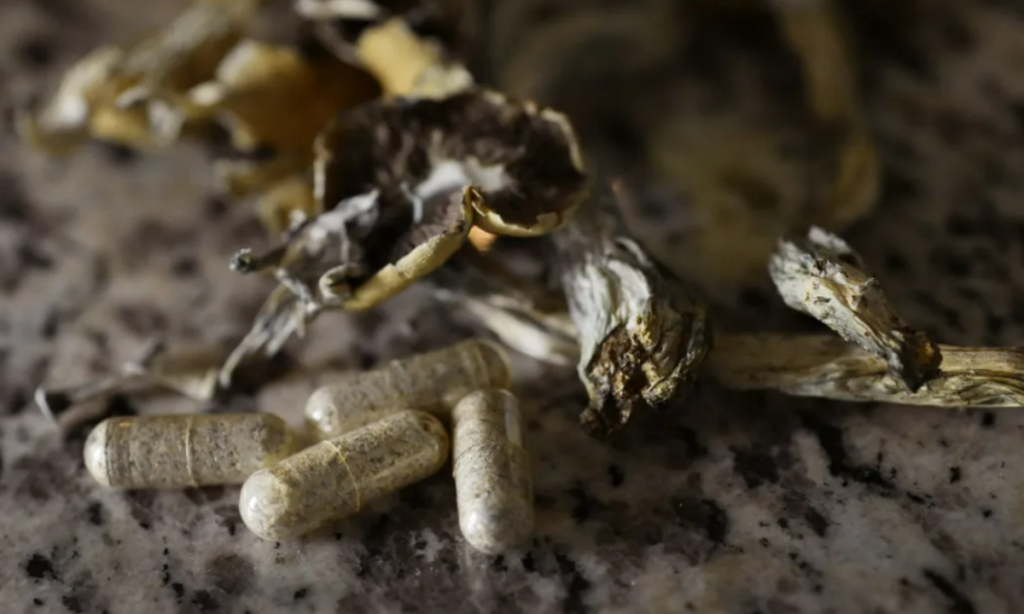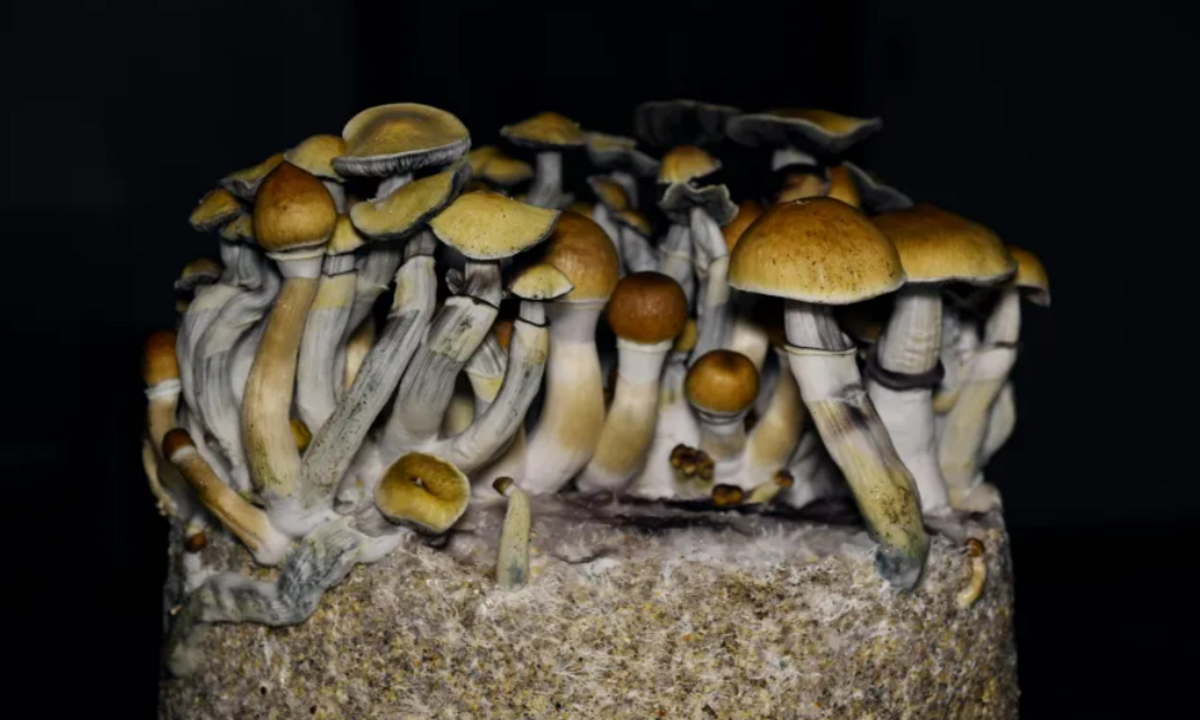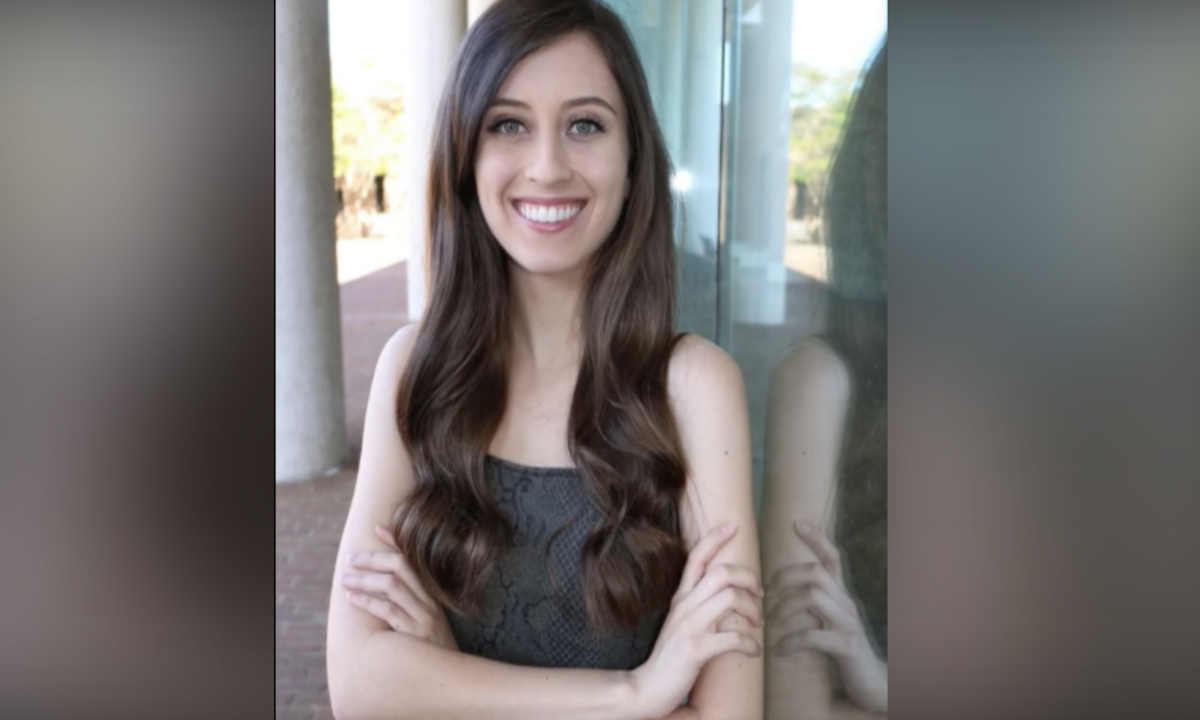Colorado is gearing up to roll out its psilocybin-assisted therapy industry this spring, making it the second state in the U.S. to legalize this form of mental health treatment. The state has started accepting applications for licenses to open healing centers, cultivate psilocybin mushrooms, and manufacture related products. This marks a significant step forward in Colorado’s efforts to establish a regulated framework for psychedelic therapy after voters approved Proposition 122 in 2022.
A New Era for Mental Health Treatment
Psilocybin therapy involves supervised sessions where individuals consume psilocybin-containing mushrooms under the guidance of a licensed facilitator. This therapy has gained recognition for its potential to treat conditions like depression and PTSD. With this new industry, adults aged 21 and older will soon have access to this groundbreaking treatment in controlled settings.
Proposition 122 not only legalized psilocybin-assisted therapy but also decriminalized the possession, use, and sharing of certain psychedelic substances. While this move was met with enthusiasm by many, establishing a regulated system for such a novel industry is a challenging process, especially since psilocybin remains a federally controlled substance.
Initial Applications Rolling In
As of now, the Department of Revenue (DOR) has received several applications for various licenses, including:
Healing centers in cities like Denver, Aurora, Lakewood, and Centennial.
Cultivation facilities for psilocybin mushrooms.
Product manufacturing and testing facilities to ensure safety and compliance.
Although the state offers priority reviews for applicants outside its most populous regions, interest remains concentrated along the Front Range.
Interestingly, no applications have been submitted for micro-healing center licenses, which were designed to help small mental health practitioners integrate psilocybin therapy into their services without starting large-scale businesses.

Local Laws and Challenges
Cities in Colorado have the authority to regulate where and when psilocybin businesses can operate. For example:
Boulder has eased restrictions, requiring facilities to be only 500 feet away from schools and daycare centers.
Colorado Springs has taken a stricter approach, requiring a one-mile distance from schools and treatment centers.
Woodland Park has temporarily halted licensing altogether with a six-month moratorium.
Meanwhile, Denver is still formulating its local policies, with a workgroup set to present recommendations to the City Council soon.
Timeline for Launch
The first healing centers are expected to open as early as April or May. However, several factors could influence this timeline, including:
Application processing: Regulators need to vet and approve applications for licenses.
Local licensing requirements: Cities like Denver may impose additional licensing fees.
Mushroom cultivation: Psilocybin mushrooms must be grown, tested in state-licensed labs, and prepared before they can be used in therapy sessions.
Heather Draper, a spokesperson for the DOR, emphasized the importance of these processes, noting that access to regulated psilocybin depends on the coordinated efforts of cultivators, manufacturers, and healing centers.
Therapy Rules and Restrictions
Psilocybin therapy will be available only to individuals who pass a medical screening, and the drugs must be consumed on-site during guided sessions. Unlike cannabis dispensaries, mushroom dispensaries will not be allowed. Psilocybin products cannot be sold directly to consumers, and all usage must occur within licensed facilities.
While the law decriminalizes sharing psilocybin mushrooms, selling them remains illegal. However, some individuals may legally offer harm-reduction services, which could include psilocybin education paired with “complimentary” mushrooms.
Looking Ahead
As Colorado’s psilocybin industry takes shape, it promises to offer a unique mental health solution for those in need. However, the road ahead is filled with regulatory and logistical challenges. For now, all eyes are on the state’s first licensed healing centers and their potential to transform mental health treatment in Colorado.
Disclaimer—Our team has checked this article to ensure its accuracy and eliminate any misinformation. We are committed to providing clear and reliable information for our readers.




